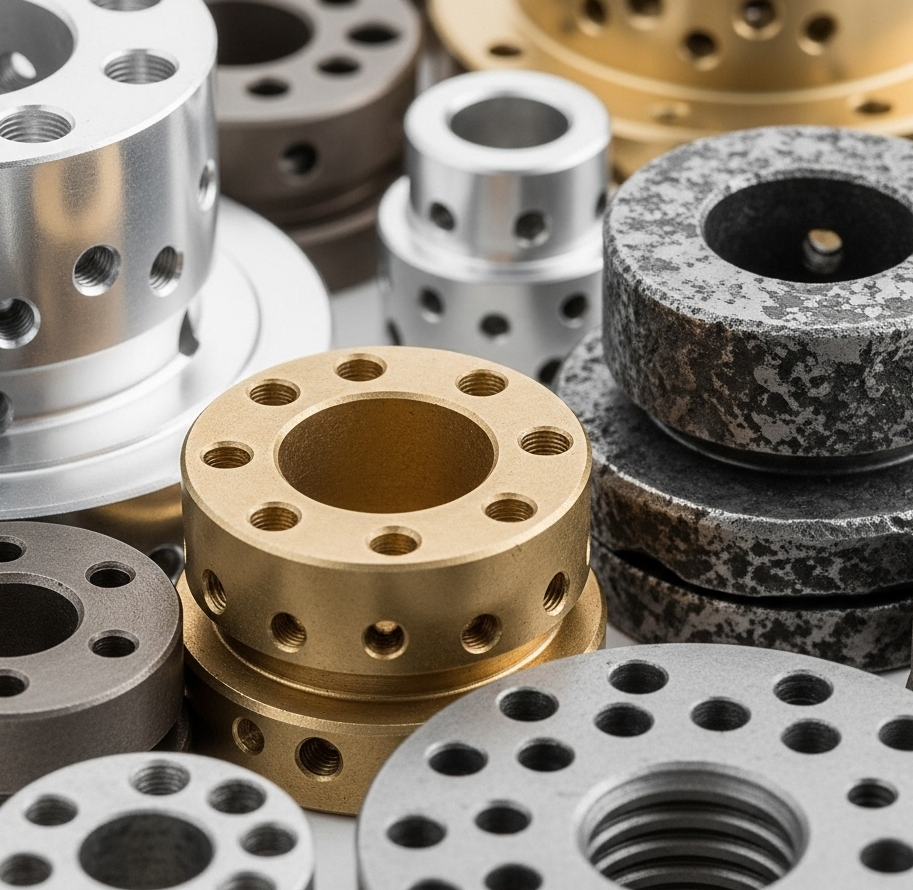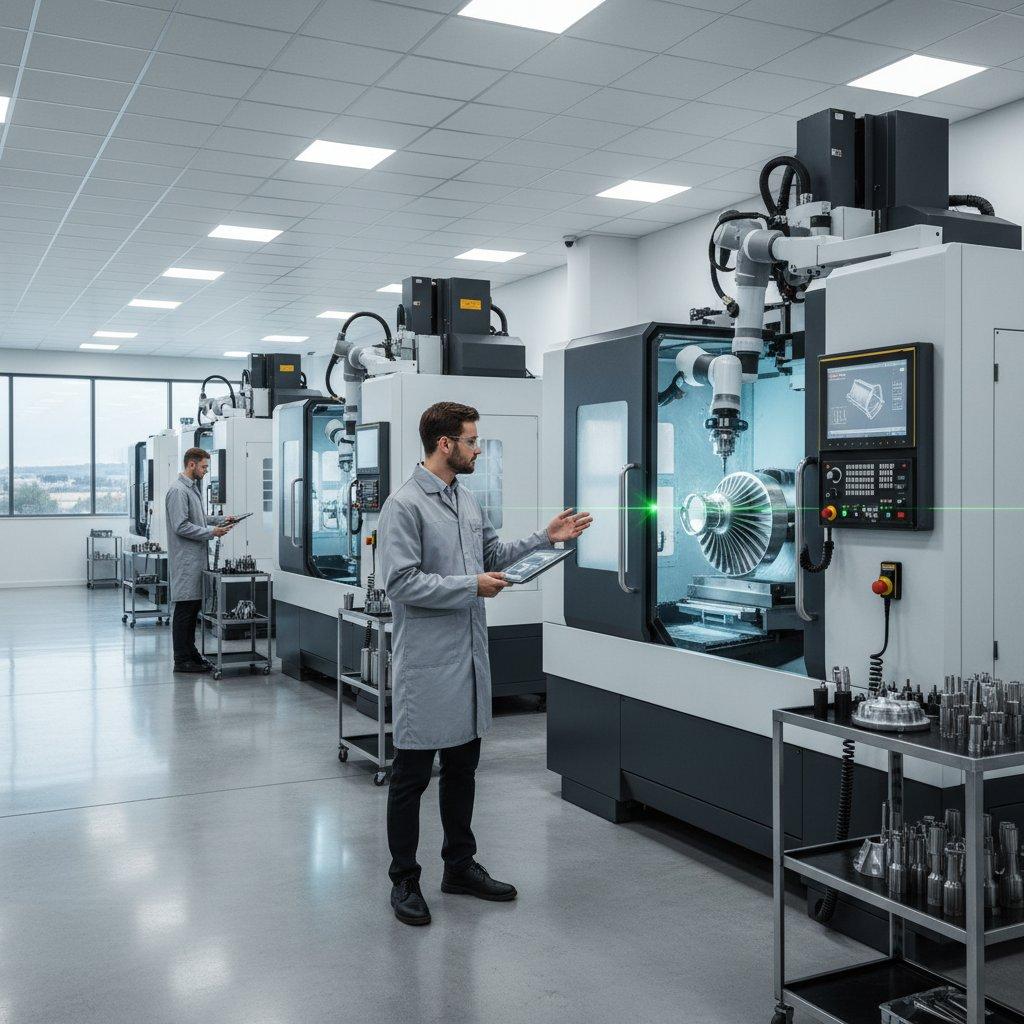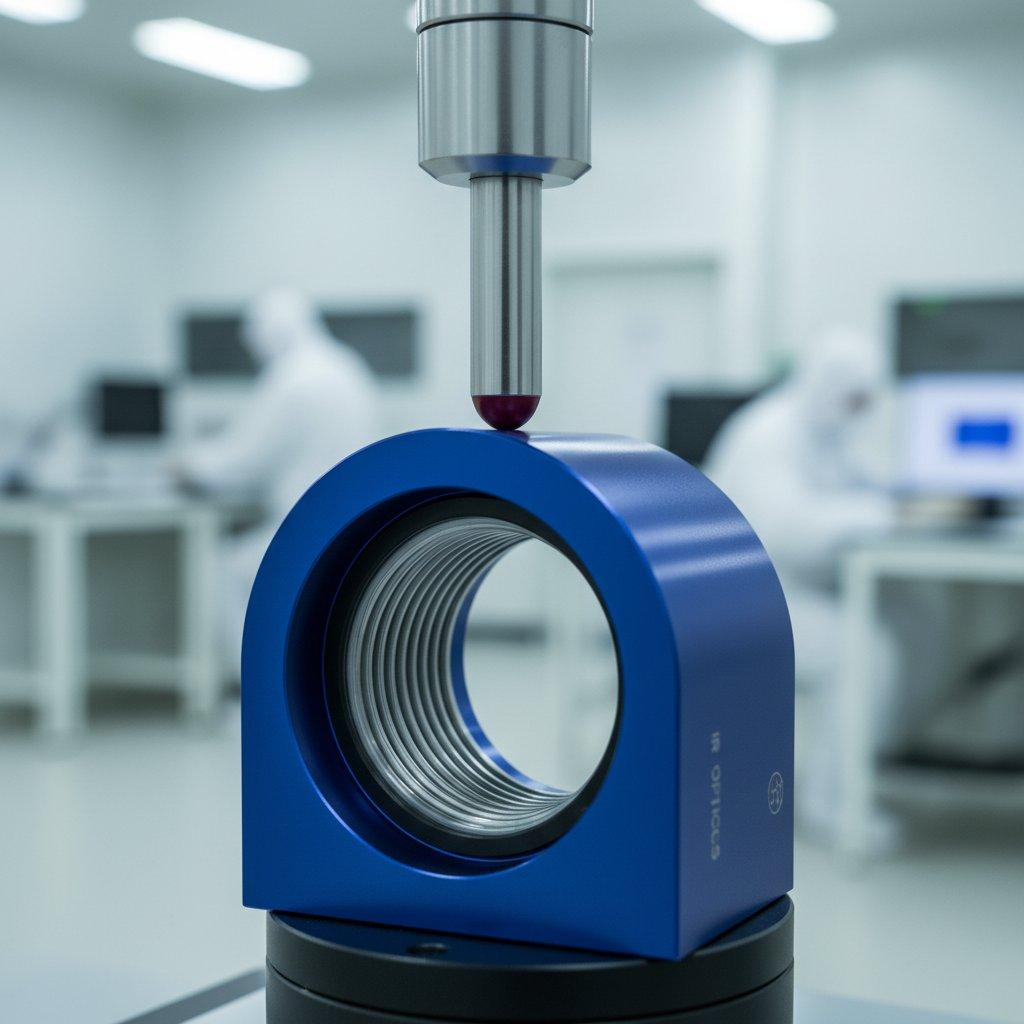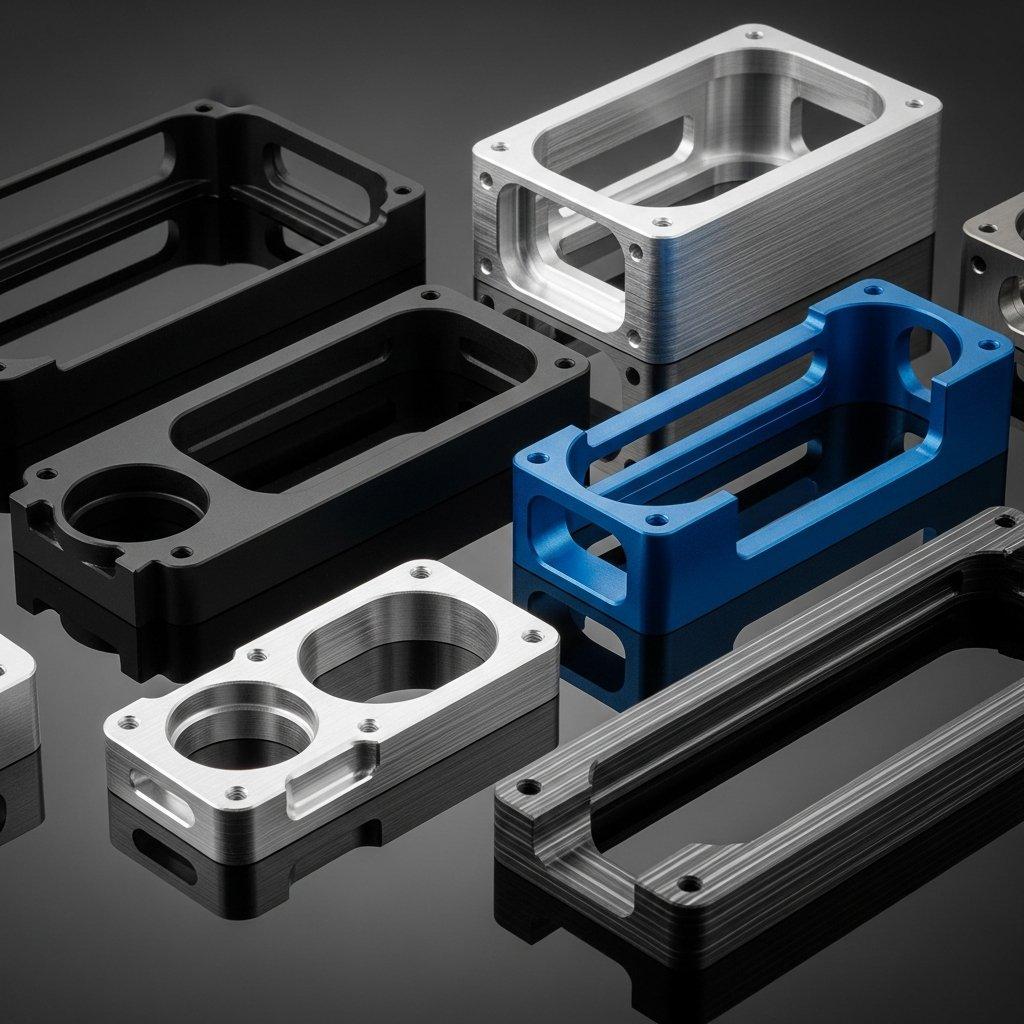Navigating the complexities of micropore CNC machining can be a daunting task. Are you struggling to find a CNC machining partner who can consistently deliver the precision required for ultra-small holes? Poor quality, missed deadlines, and inadequate surface finishes are common frustrations when dealing with intricate micropores.
At ly-machining, we understand these challenges. We specialize in overcoming the hurdles associated with micropore CNC machining, ensuring exceptional quality and timely delivery for even the most demanding projects.
Micropore CNC machining is a specialized field that demands exceptional precision and expertise. This article delves into the intricacies of creating ultra-small holes, highlighting the critical factors that contribute to successful outcomes in CNC machining.
As technology advances, the demand for components with increasingly smaller features grows, making micropore CNC machining more vital than ever. Consequently, understanding the nuances of this process is crucial for achieving superior results. This guide will help you identify a CNC machining partner capable of meeting your stringent requirements.
The Challenge of Ultra-Small Holes in CNC Machining
Creating micropores presents unique obstacles in CNC machining. The tooling must be incredibly fine, and the machine’s precision needs to be consistently high. Furthermore, material properties play a significant role in dictating the feasibility and quality of these miniature features.
Consider, for instance, the sheer scale of the challenge. A typical human hair is about 100 microns in diameter, yet micropore CNC machining often involves drilling holes significantly smaller than that. This level of detail necessitates specialized equipment and highly skilled operators.

Key Considerations for Micropore CNC Machining
When engaging in micropore CNC machining, several factors directly impact the success of the project. These include machine capabilities, tooling selection, material compatibility, and environmental controls. Each element must be meticulously managed to achieve the desired results.
| Factor | Impact on Micropore Machining |
| Machine Rigidity | Reduces vibration, improving hole accuracy. |
| Spindle Speed | Higher speeds often crucial for small tool efficiency. |
| Tooling Material | Affects wear resistance and sharpness for tiny holes. |
| Material Hardness | Influences cutting forces and tool life. |
Advanced Techniques in Micropore CNC Machining
Achieving precision in micropore CNC machining often requires employing advanced techniques. These can range from specialized CNC milling strategies to the use of alternative machining methods.
For example, traditional CNC milling for micropores might involve helical interpolation or peck drilling to manage chip evacuation and heat. However, for extremely small diameters, non-conventional methods like laser drilling or electrical discharge machining (EDM) may be more suitable. Each technique has its own advantages and limitations depending on the specific application and material.

Ensuring Quality Control in Micropore Production
Quality control is paramount in micropore CNC machining. Due to the minuscule size of the features, even slight deviations can lead to significant functional issues. Rigorous inspection protocols are therefore essential.
At ly-machining, we utilize high-magnification microscopes and advanced metrology equipment to verify the dimensions and surface finish of every micropore. This meticulous approach guarantees that each part meets the exact specifications, reflecting our commitment to superior quality in CNC machining.
The Role of Material Selection in Micropore Machining
The choice of material significantly influences the success of micropore CNC machining. Different materials react distinctively to the stresses and heat generated during the machining process.
Softer materials, for instance, might be prone to burring around the micropores, while harder materials can accelerate tool wear. Therefore, selecting the optimal material in conjunction with the appropriate CNC machining parameters is critical for achieving clean, precise holes. Our team at ly-machining offers expert advice on material selection to optimize your micropore projects.

Post-Processing and Surface Finishing for Micropores
After the micropore CNC machining is complete, post-processing and surface finishing are often necessary. These steps can further enhance the functionality and longevity of components with ultra-small holes.
Techniques such as deburring, polishing, or even specialized coatings can improve the flow characteristics through micropores or increase their resistance to corrosion. Careful consideration of these finishing touches is vital for the overall quality and performance of the machined part.
Why Choose ly-machining for Your Micropore CNC Needs?
When your project demands exceptional precision in micropore CNC machining, ly-machining stands out as a reliable partner. Our extensive experience and state-of-the-art facilities enable us to tackle the most challenging micropore applications.
We leverage advanced CNC milling capabilities and a team of highly skilled engineers dedicated to delivering solutions that meet your exact specifications. Our commitment to quality, combined with efficient project management, ensures your micropore components are delivered on time and to the highest standards.
Future Trends in Micropore CNC Machining
The field of micropore CNC machining continues to evolve rapidly. Emerging technologies and innovations are constantly pushing the boundaries of what’s possible in creating ultra-small features.
Advancements in tooling materials, machine kinematics, and real-time process monitoring are paving the way for even smaller and more complex micropores. Staying abreast of these trends is essential for any company involved in high-precision CNC machining.
(Image: A futuristic design of a highly precise CNC machine, possibly incorporating AI or advanced robotics)
Frequently Asked Questions About Micropore CNC Machining
Q1: What is the smallest hole diameter ly-machining can achieve with CNC machining?
A1: ly-machining is equipped to produce micropores with diameters down to [specific diameter, e.g., 50 microns] and even smaller depending on the material and specific design requirements. We specialize in pushing the limits of CNC machining for ultra-small features.
Q2: How does ly-machining ensure the quality of micropores?
A2: We employ a multi-stage quality control process for micropore CNC machining. This includes precise in-process monitoring, followed by post-machining inspection using high-resolution microscopes and advanced metrology equipment to verify every dimension and surface finish.
Q3: What materials are suitable for micropore CNC machining at ly-machining?
A3: ly-machining has extensive experience in micropore CNC machining across a wide range of materials, including various grades of stainless steel, aluminum alloys, titanium, and specialized plastics. Our engineers can advise on the best material for your specific micropore application.




